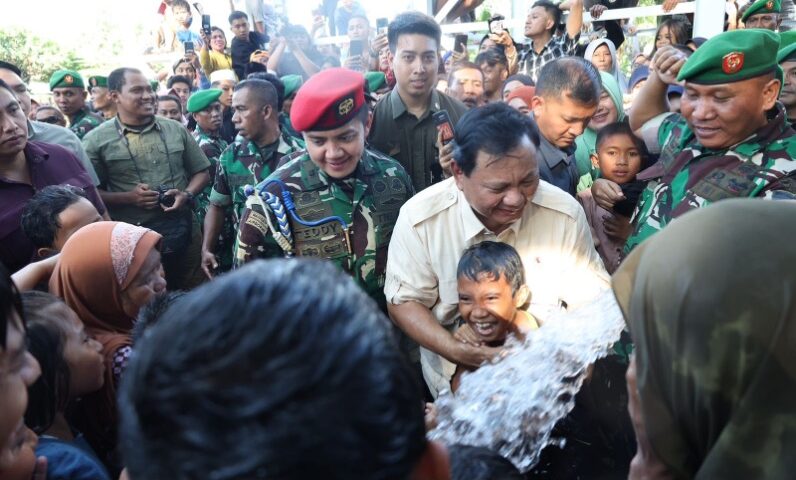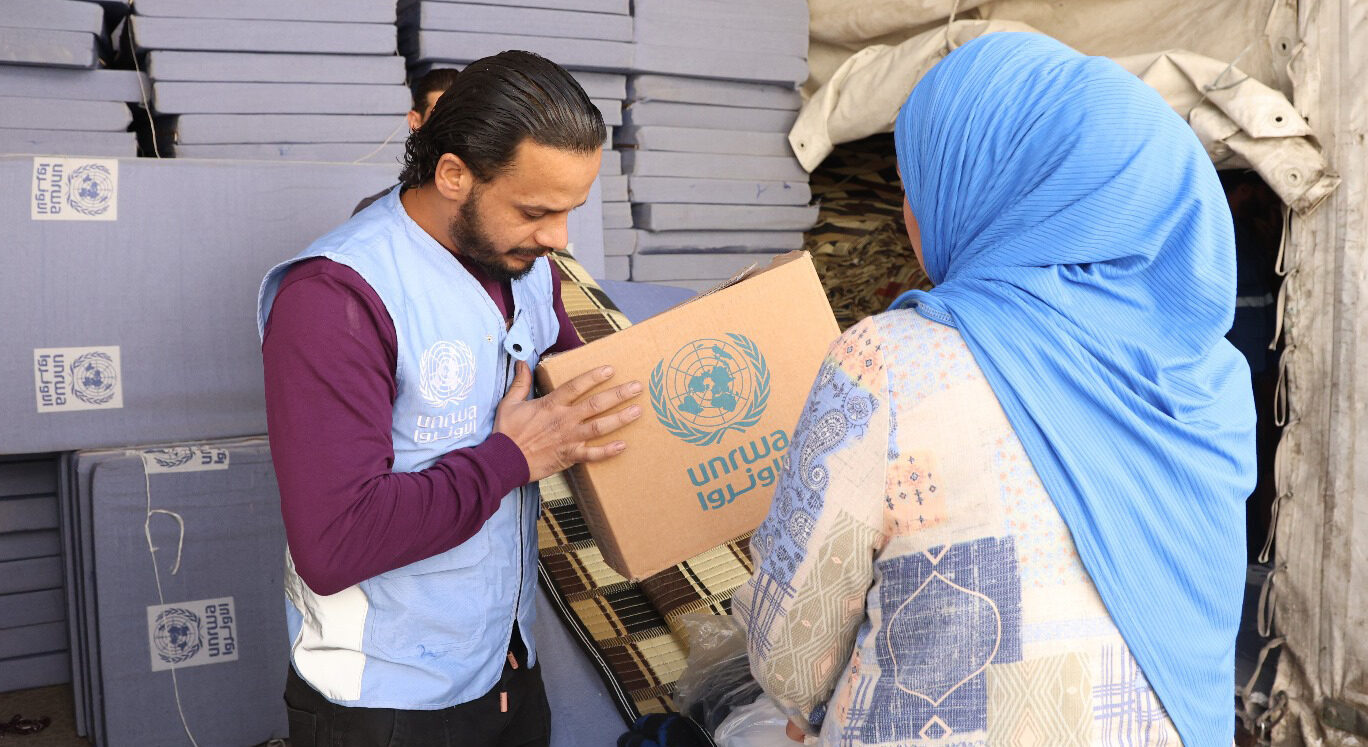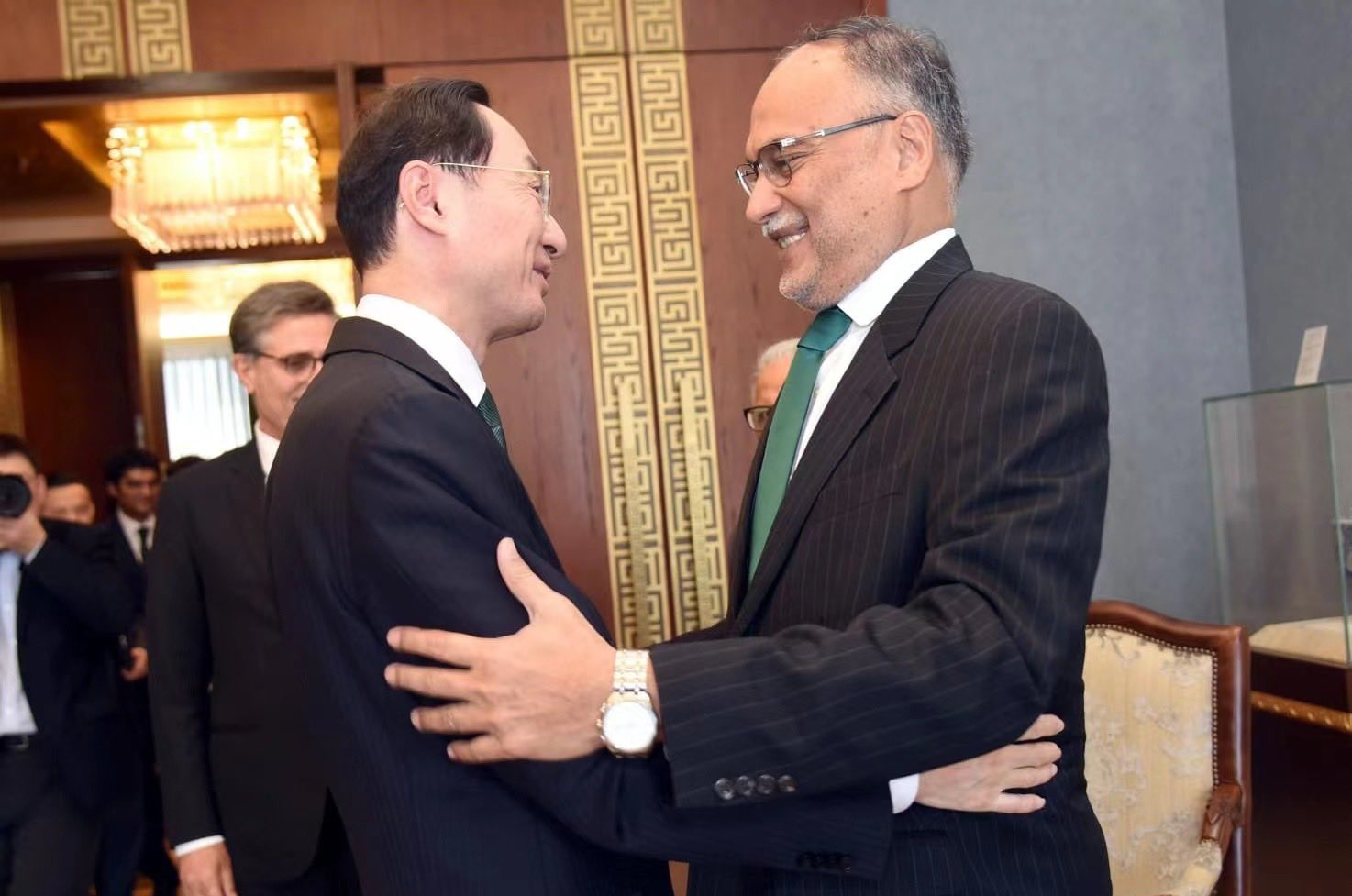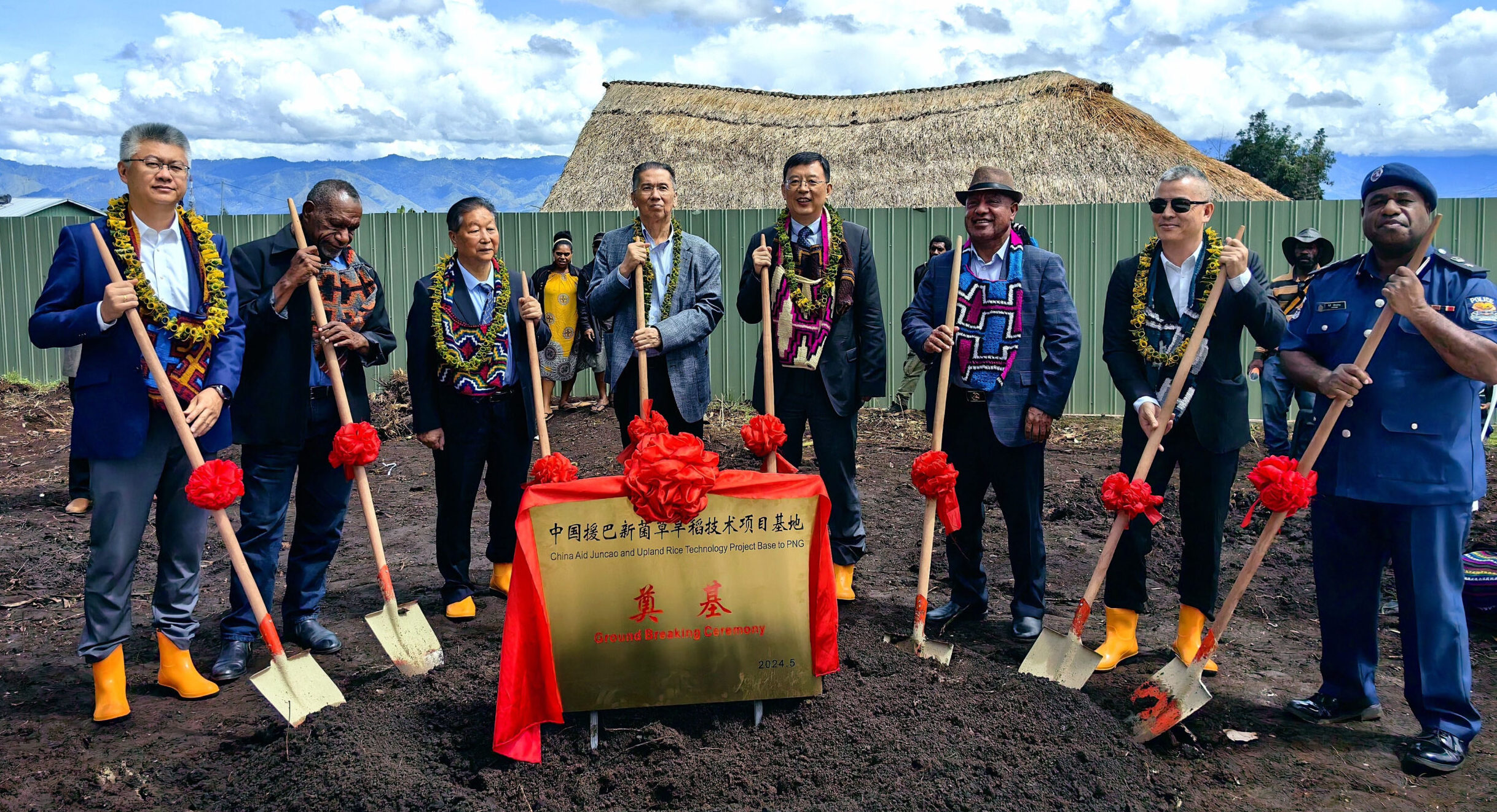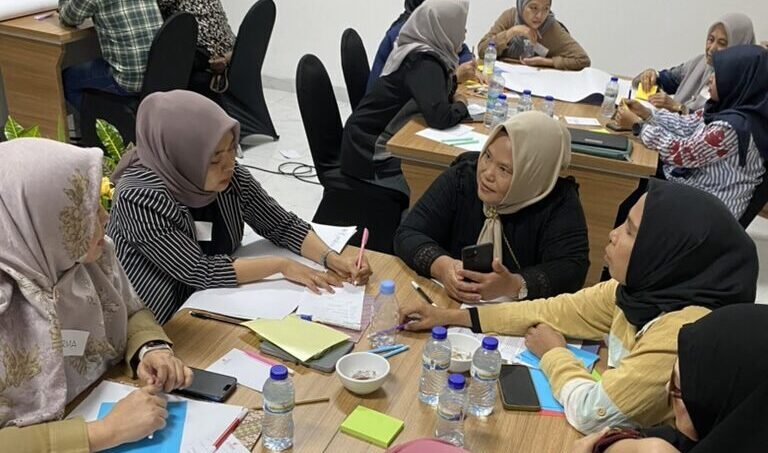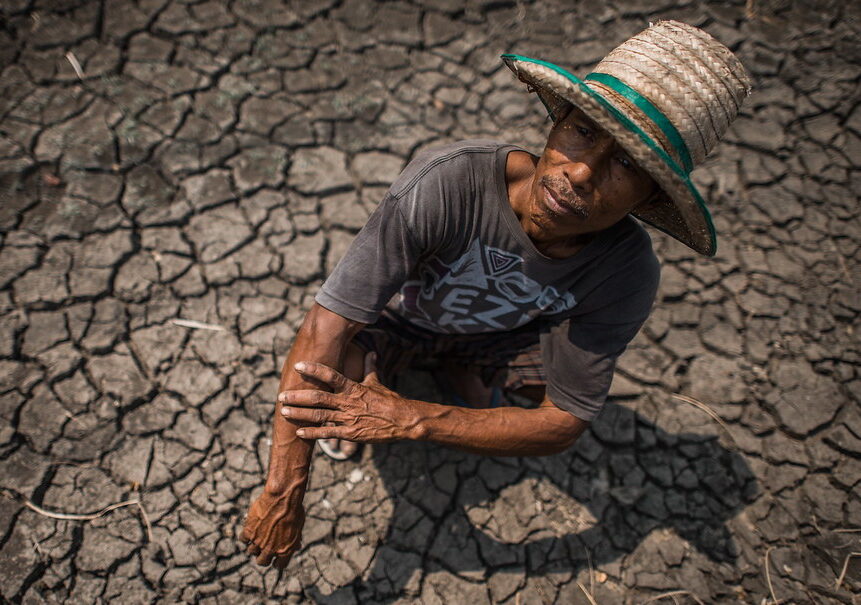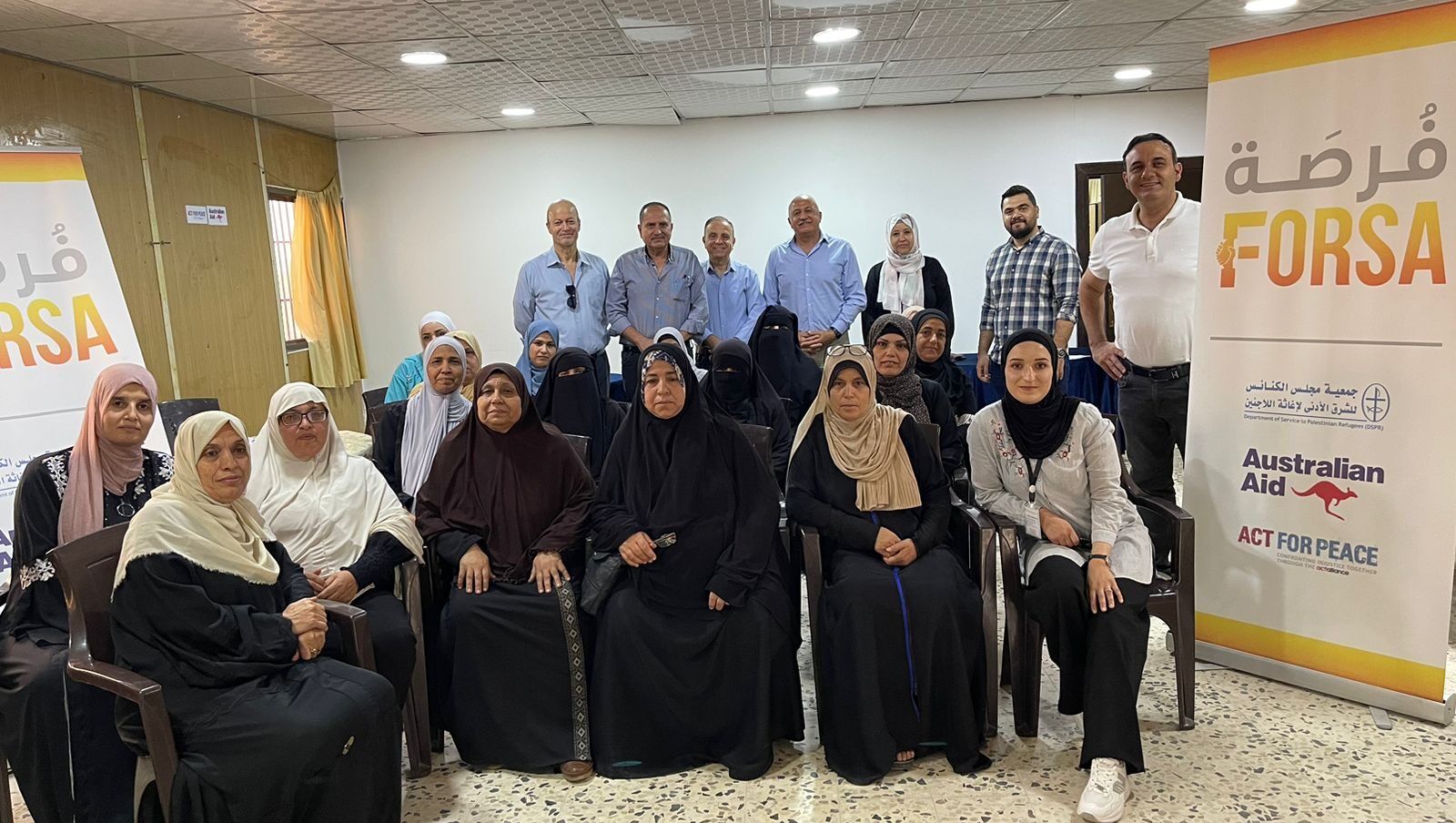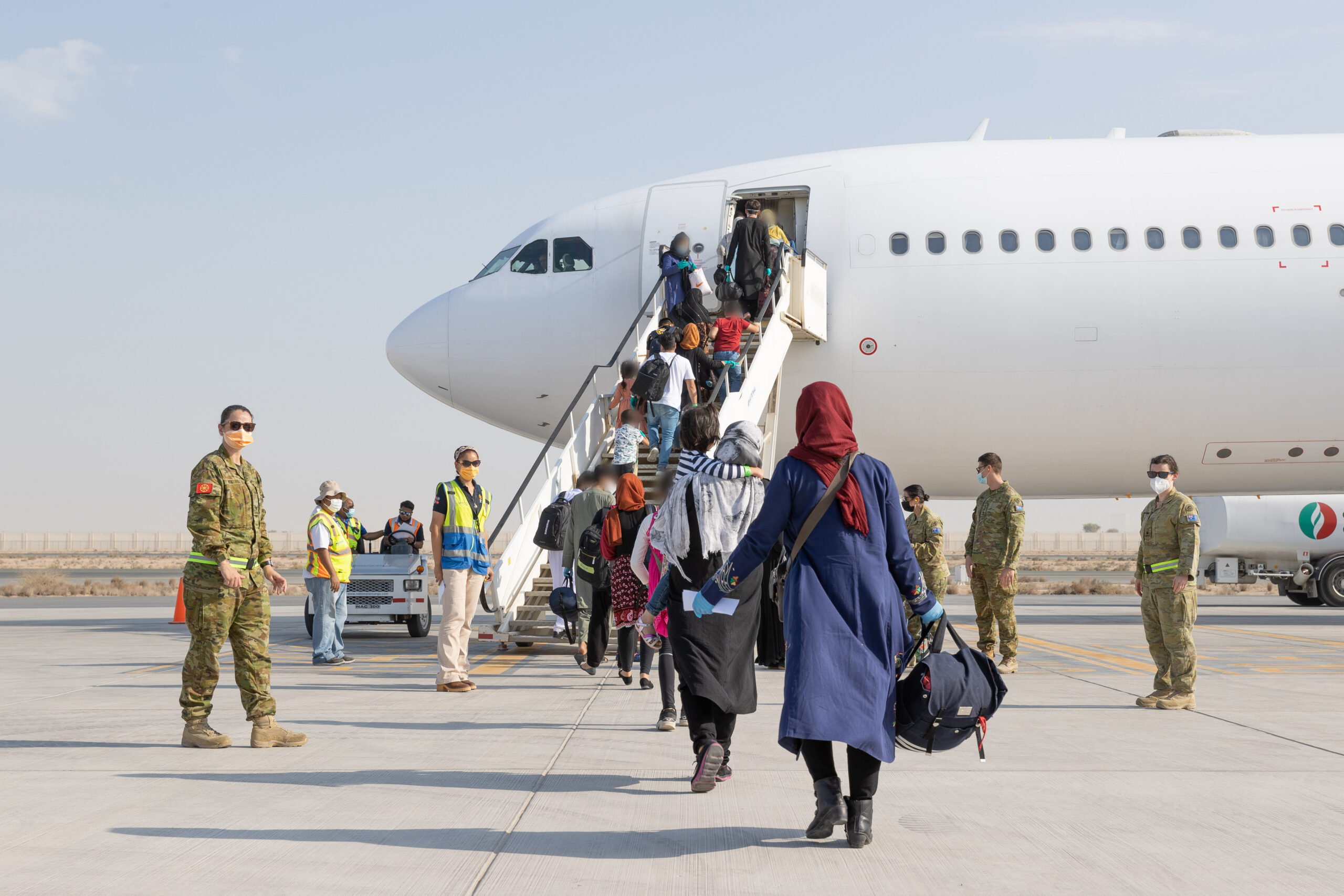The Indonesian government enacted Act 6 of 2014 to decentralise village governance, aiming to improve service delivery at the local level. Under President Jokowi’s leadership, village governments received support through the Village Fund, benefiting 81,616 villages across 38 provinces. The fund has been crucial in enhancing government administration, developing infrastructure and empowering communities. From 2015 […]
This blog is an edited version of the author’s Talbot Oration, delivered at the Australian Museum on 5 June 2024. I’m honoured and grateful to be given this invitation to tell my story, our story and our journey towards achieving the future we want for ourselves and for our children. Before I start at the […]
Australian aid As conflict in the Middle East widens and the toll on civilians worsens, the Australian Council For International Development’s members have launched a consolidated appeal to help address the humanitarian situation in Lebanon. Australia has allocated $12 million to the humanitarian response in Lebanon since September 2024 and $82.5 million to the Gaza […]
The previous blog looked at some studies of the relationship between China’s aid and its influence that posit a mediating role for domestic political institutions. Early empirical research suggests that this kind of analytic lens is relevant to the Pacific. This is a region that comprises countries with largely open — albeit in some cases […]
The primary impetus for much of the contemporary focus on the relationship between Australia’s aid and its wider geopolitical goals has been the perceived increase in the use of various forms of development finance by China as a key part of Beijing’s own influence efforts, particularly those directed toward Australia’s Pacific Island Country neighbours. Indeed, […]
During the dry season in the city of Makassar in the Indonesian province of South Sulawesi, the state-owned power company PLN rations hydroelectric power due to low water levels. As a result, households, universities, businesses and government offices lack access to continuous electricity. Many students with disabilities, including Ilham, a blind student, have reported that […]
The nations of the world remain divided over which countries should provide financial support for climate action to developing countries. This is in addition to debate about how much support should be provided by countries that have the capacity to do so. The 2009 Copenhagen United Nations Framework Convention on Climate Change (UNFCCC) meeting promised […]
High levels of tax evasion are considered one of the main reasons Indonesia only collects just over 10% of Gross Domestic Product (GDP) in taxes, around half of the regional average. However, to date, it has been challenging to accurately estimate the pervasiveness of tax evasion and identify the types of taxpayers more likely to […]
“[After arriving in Jordan] life became very difficult. Living as a refugee without long-term support or the same rights as citizens meant that we did not have access to the basics to support our family. I had lost hope for the future.” These words from a Syrian refugee illustrate how people who are displaced can […]
In a new policy brief published by the Evacuations Research Hub at the University of New South Wales, Regina Jefferies and I call on the Australian government to create an emergency framework for a more streamlined, equitable, predictable and effective response to humanitarian crises abroad — including a new emergency visa. Australia’s protection response to […]
